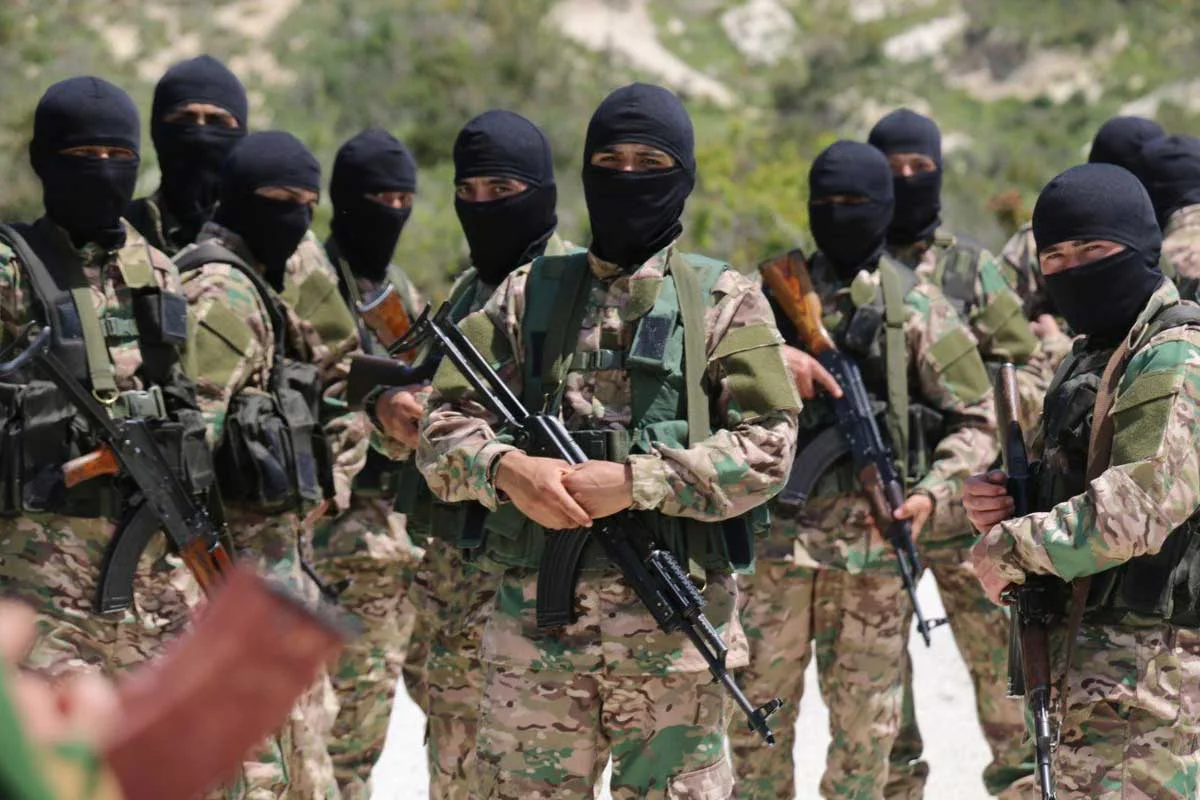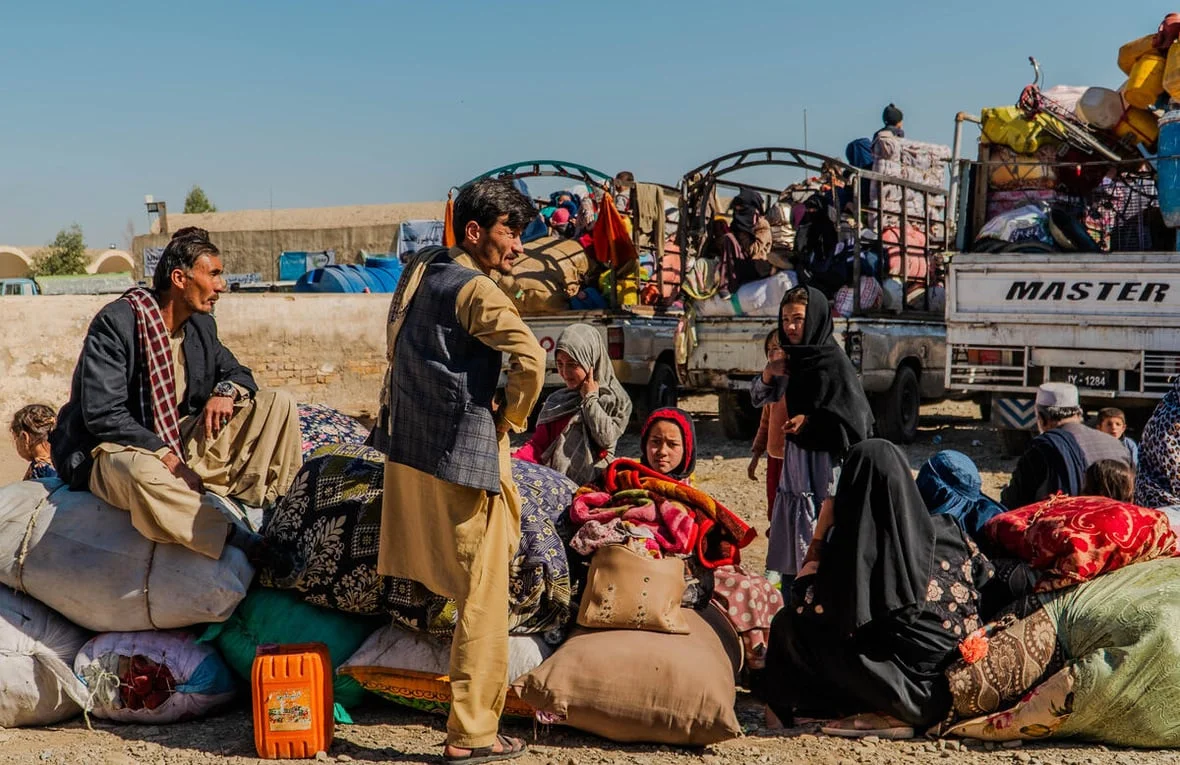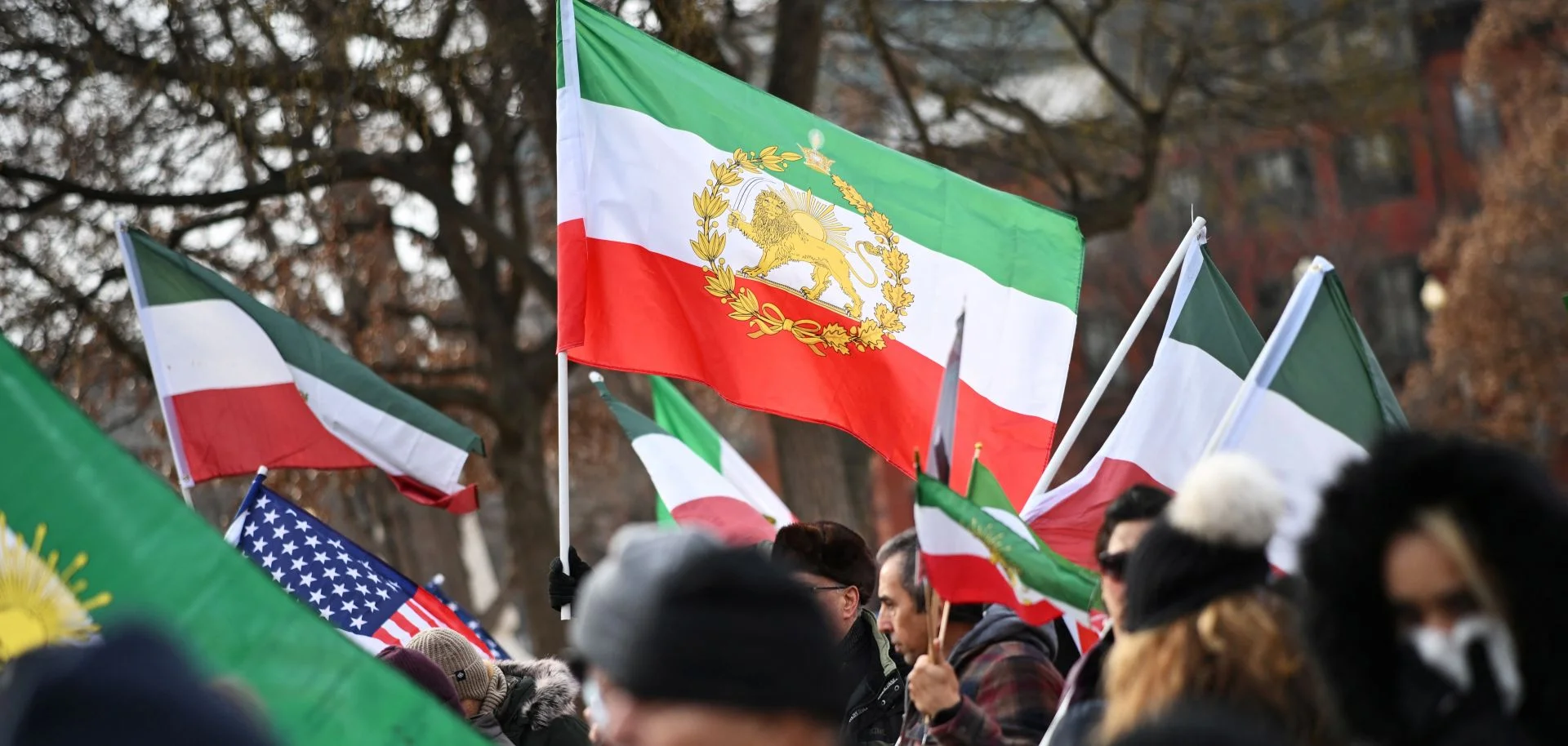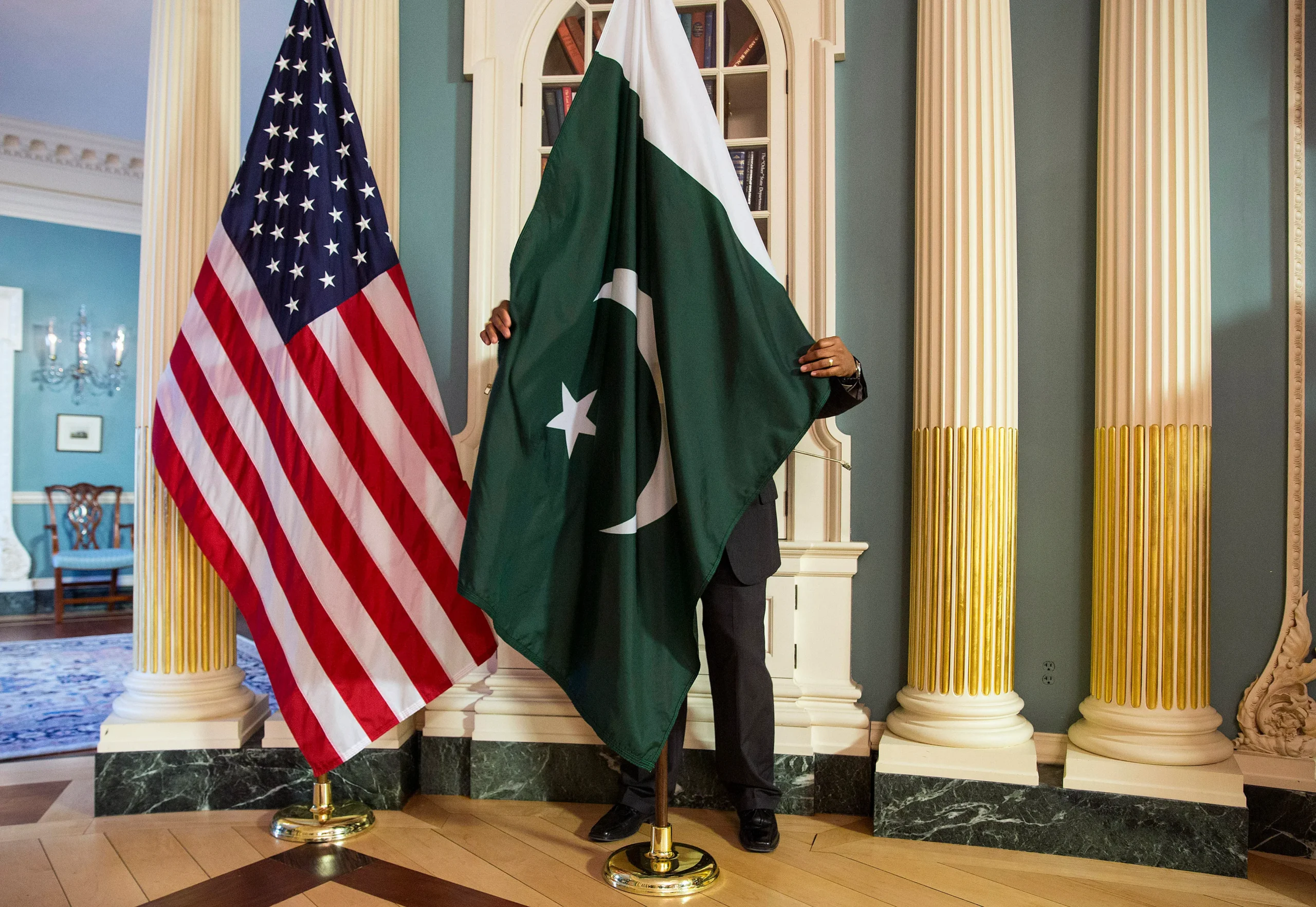Police reported that separate road crashes occurred in Uttar Pradesh’s Pilibhit and Chitrakoot districts early Friday. The crashes killed at least 10 people and left around a dozen injured.
In Pilibhit, a car with 11 people crashed into a tree in an area under the Neoria Police Station, resulting in the death of five passengers, a senior police officer said.
“Some people from Khatima in Uttarakhand had come here to attend a wedding. They were on their way back in a Maruti Ertiga car with 11 people onboard. 5 people died when the car lost control and crashed into a tree along the road,” Superintendent of Police (Pilibhit) Avinash Kumar Pandey told PTI Videos.
“Doctors informed us that they brought three people dead to the hospital while two succumbed during treatment — a total of five casualties,” he said.
Pandey said that medical staff referred four of the injured people to a more advanced center for better treatment. They discharged two after providing primary aid.
“All possible medical care is being provided to the injured,” he added.
Also See: Neonatal Unit Fire in Northern India Claims 10 Newborn Lives
In Chitrakoot, Superintendent of Police Arun Kumar Singh said 5 people died when a Mahindra Bolero collided head-on with a truck in a road accident.
“The incident happened around 5.30 am in the Raipura Police Station area. The Bolero was coming from Prayagraj while the truck from Raipura,” Singh said.
`The SP said, “11 people were in the Bolero, of whom 5 have died so far, while the remaining are undergoing treatment locally. Authorities are referring them to the district hospital for better treatment.”`
This news is sourced from Indian Express and is intended for informational purposes only.

![5 people each died and several others were injured in separate road crashes in Pilibhit and Chitrakoot districts, in India, on Friday. [Image via NDTV]](https://southasiatimes.org/wp-content/uploads/2024/12/u7vcbpkg_up-car-accident_625x300_06_December_24.webp)




